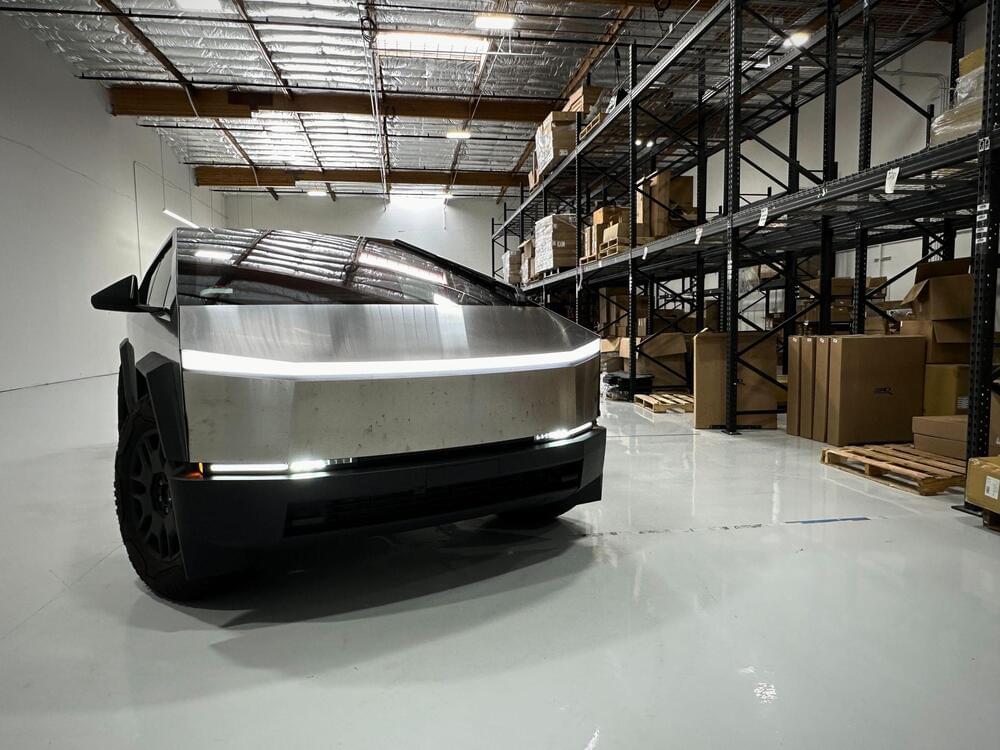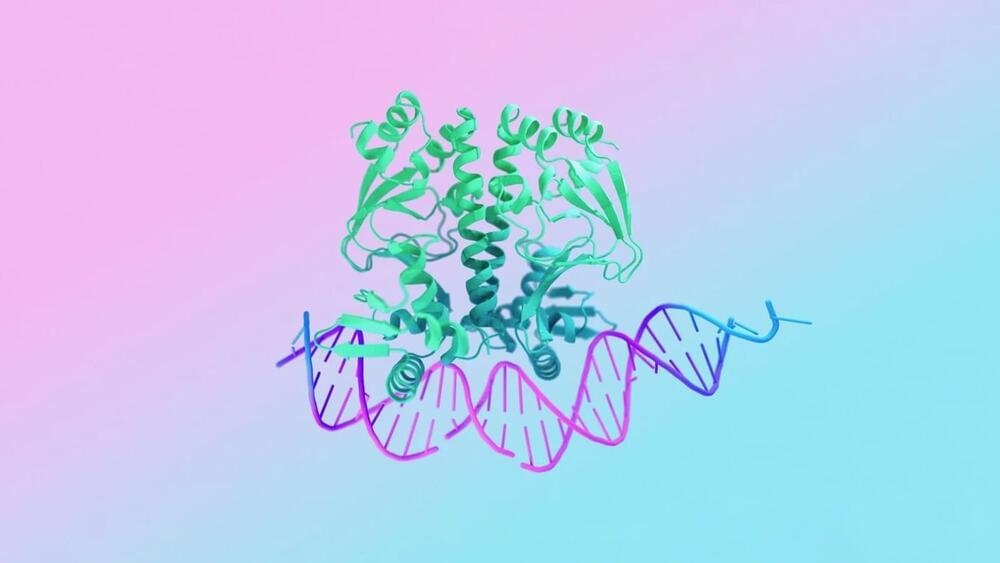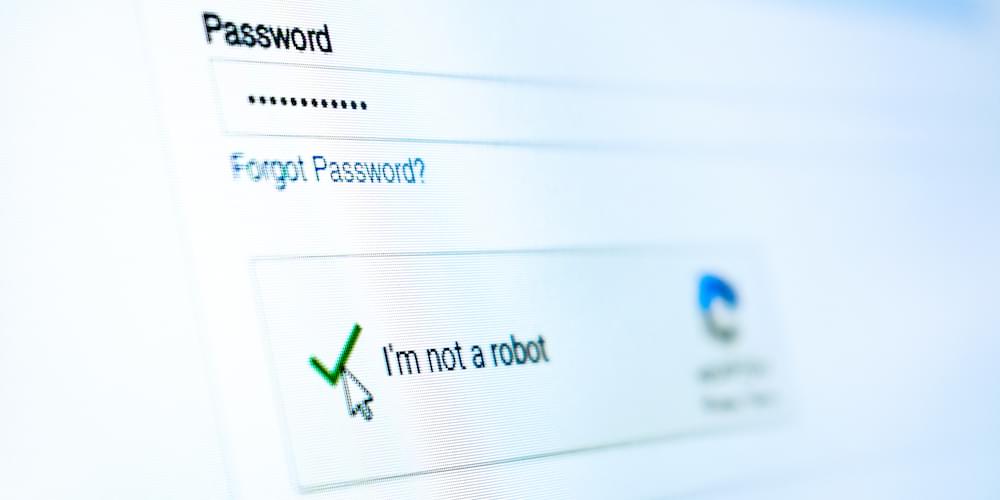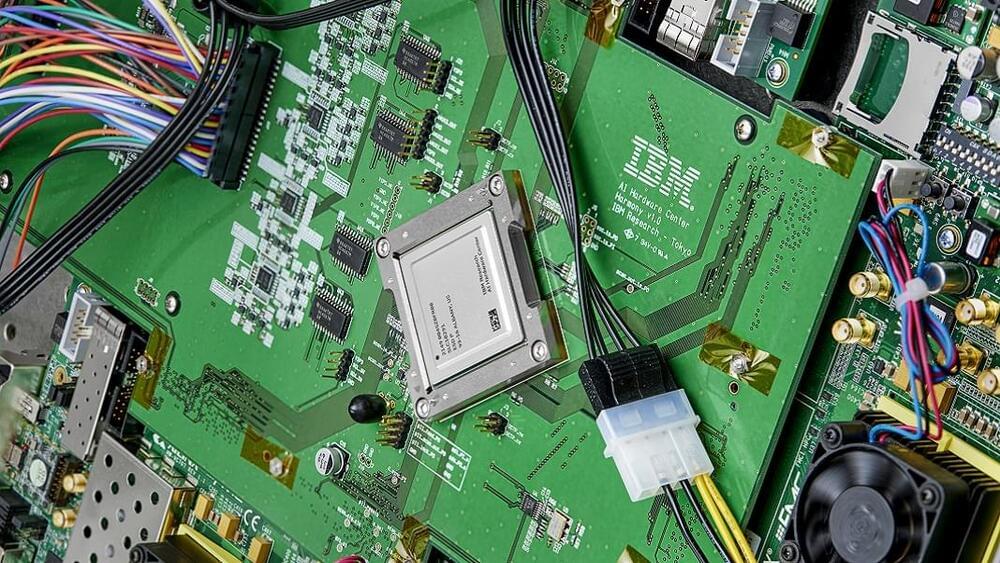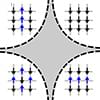
Researchers at the University of Basel have developed a new method for calculating phase diagrams of physical systems that works similarly to ChatGPT. This artificial intelligence could even automate scientific experiments in the future.
A year and a half ago, ChatGPT was released, and ever since, there has been hardly anything that cannot be created with this new form of artificial intelligence: texts, images, videos, and even music. ChatGPT is based on so-called generative models, which, using a complex algorithm, can create something entirely new from known information.
A research team led by Professor Christoph Bruder at the University of Basel, together with colleagues at the Massachusetts Institute of Technology (MIT) in Boston, have now used a similar method to calculate phase diagrams of physical systems.
